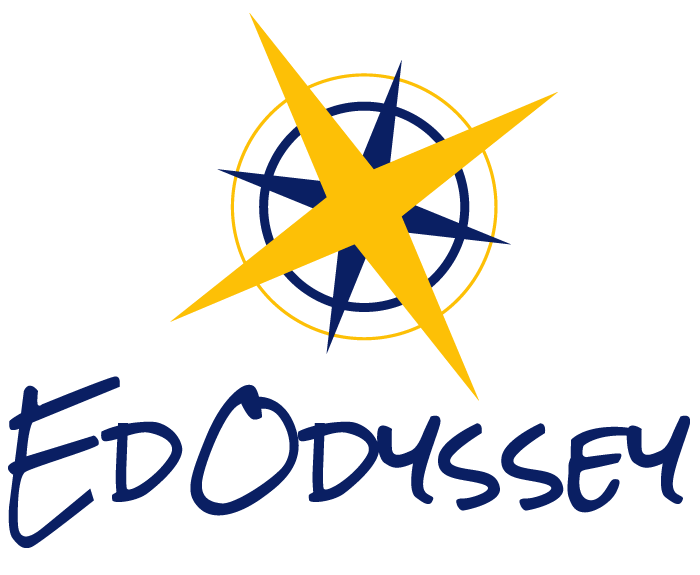Blog
Travel Prep and Planning Now: Benefits For Students and Teachers
At EdOdyssey, we believe that travel changes people, and people change the world. Visiting a foreign country invites people to pursue new experiences and adopt different viewpoints of the world. Like students, travelers are always learning new things and pondering how their new knowledge fits into their lives.
How to Define the Study Abroad "Immersion" Experience
Immersion during study abroad involves a deep involvement and understanding of the culture of a different country. It is not just an overview or a checklist of that country’s features, but a thorough encounter into the sublayers of social, political, ideological, and economic factors that define it as a culture.
Why Your International Friendships Will Last A Lifetime
As you look to study abroad, you might think that making friendships abroad might seem like a daunting task given your destination, but the long-term effects are worthwhile! Developing lifelong connections with other international students and your local peers will provide you with a deeper understanding of other cultures, after interacting effectively with people from cultures besides their own. If you’re coming back from being abroad, you’re probably thinking about how your new friends from abroad will play into the rest of your life.
Montreal's Uniqueness: A City Full of Food, Art and Accessibility
This city has its own personality that’s one-of-a-kind! Boasting with plenty of festivals, art, cuisine, and innovation, Montreal also has a sense of comradery and welcomingness! In the past, students and teachers have visited the iconic Notre-Dame Basilica and enjoyed learning how to prepare traditional Quebec cuisine with a local chef!
What Makes Berlin Different
Berlin is known for its inspiring street art and delectable foodie scene. As a city with tremendous historical turbulence, its history and art alone, is worth learning about in person. A visit to Berlin is bound to be an incredible experience, filled with gorgeous sights and intriguing architecture, it’s likely you’ll be captivated by its charming ambiance and culture.
Four Advantages When Traveling in a Group
Group travel offers the perfect opportunity to embark on an exciting adventure abroad, with people you know or friends who you haven’t met yet! Traveling in groups can be extremely rewarding and there are plenty of advantages, including cost-effectiveness and accessibility!
Search previous blogs here.




